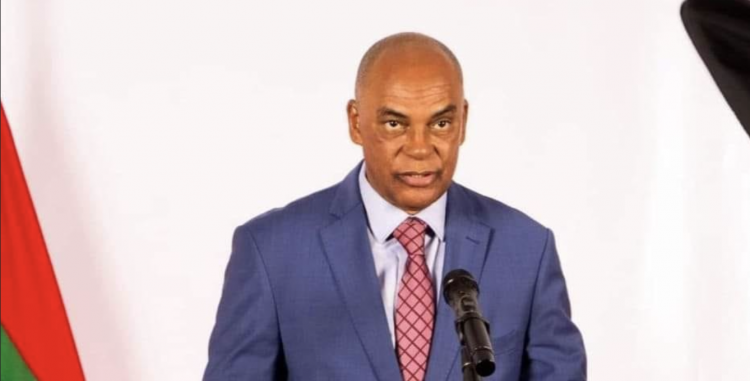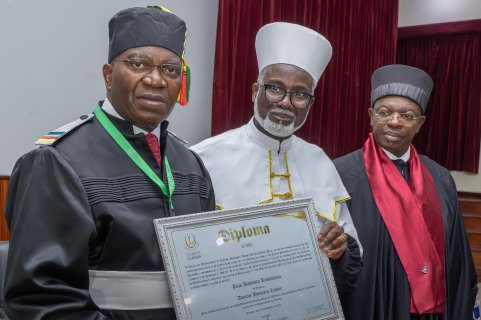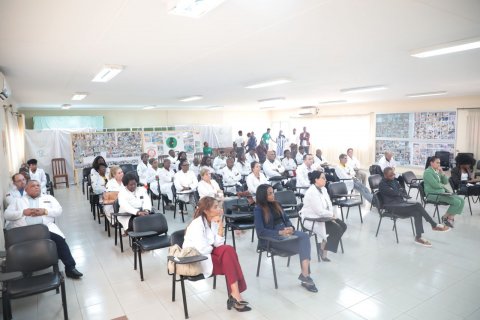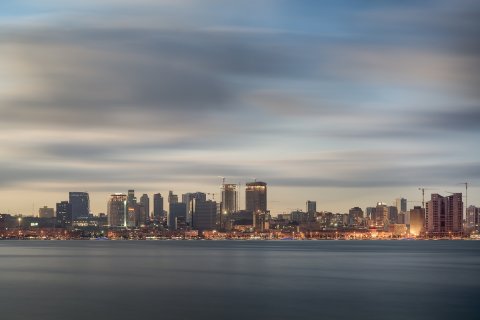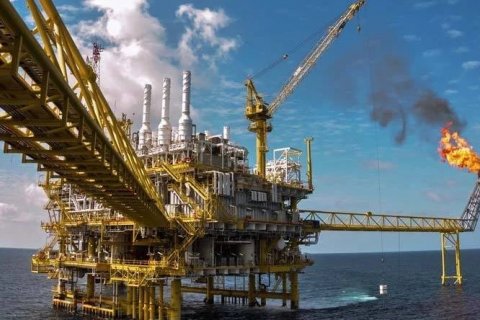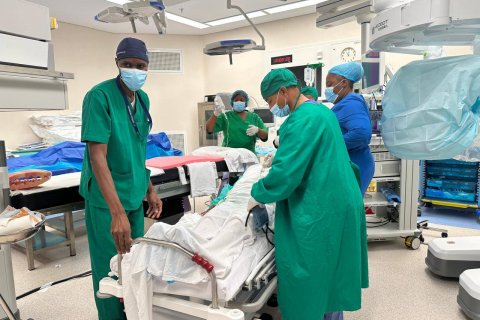"It is imperative to say that this crisis is structurally political, its causes are of a political nature and are largely associated with what happened in the electoral campaign, with the 2022 elections, where the MPLA regime [Movimento Popular de Libertação of Angola], to remain in power at all costs, he did not measure means and used the single treasury account as his private property", said Adalberto Costa Júnior, at a press conference, who addressed the state of economic and financial management in the country.
According to the leader of the National Union for the Total Independence of Angola (UNITA), a few days ago, the Government, through the Minister of State for Economic Coordination, José de Lima Massano, referred the country's current economic situation to the drop in oil production, in the first quarter of this year, and the unpredictability of external macroeconomic factors, such as the increase in international interest rates.
For Adalberto Costa Júnior, "this expedient used by the MPLA executive to justify the contours of the country's economic and financial crisis, which lashes out and ruins the lives of citizens, does not work and is simply fallacious".
The UNITA leader, in a demonstration exercise, referred that with the General State Budget for 2023, the executive expected to collect tax revenues worth 13.5 billion kwanzas and tax expenditures of 12.9 billion kwanzas, which would result, according to the forecast, in a surplus of 600 billion kwanzas, the equivalent of one billion dollars.
The politician stressed that the Government calculated the average price of 75 dollars per barrel of oil and a daily production of 1,180 million barrels per day.
"So we asked, because today we have problems. The forecasts were good", said Adalberto Costa Júnior, stressing that official Government data indicate that oil was sold at an average price of 79.3 dollars per barrel, that is, five dollars above of the reference foreseen for the OGE 2023.
The data also indicate, continued the leader of the largest opposition party, that daily oil production recorded a drop of 110,000 barrels, which "may create the wrong impression that the executive is right, but he is not".
"An additional five dollars per barrel dominates the quantity effect of minus 110,000 barrels of oil/day compared to the forecast. And so that there are no doubts, let's compare the oil revenue forecast for the first quarter with the oil revenue executed in the same period", he pointed out.
"The OGE 2023 foresees an annual oil revenue of 7.2 billion kwanzas which, in quarterly terms, results in an average of 1.8 billion kwanzas per quarter. It turns out that the execution data of oil revenue in the first quarter of the year tell us that the executive collected 2.1 billion kwanzas, that is, 300 billion kwanzas above the expected average for the quarter", said Adalberto Costa Júnior, underlining that production is important, but the price "is the most important and determining factor, as it compensated for the drop in daily production", questioning "where did the surpluses from 2021 and 2022 end up".
According to the UNITA leader, 2021 recorded a positive budget balance of 1.8 billion kwanzas, equivalent to 3 billion dollars at the time, and in 2022, the election year, a budget surplus of 1.5 billion kwanzas, equivalent to 3.3 billion dollars.
"Added the two budgetary balances, the MPLA executive must explain to the country the destination given to more than 6.3 billion dollars of the surplus. Where was that money spent? In the MPLA election campaign? In corruption? In the looting in favor of the nouveau riche? Or in the persecution until exhaustion of political opponents?", he underlined, recalling that in the last three years Angola benefited from the debt moratorium to China and other international creditors due to covid-19.
Regarding the withdrawal of the fuel subsidy and the exchange rate crisis, Adalberto Costa Júnior considered that "it is also nothing more than a piece of political clipping".

